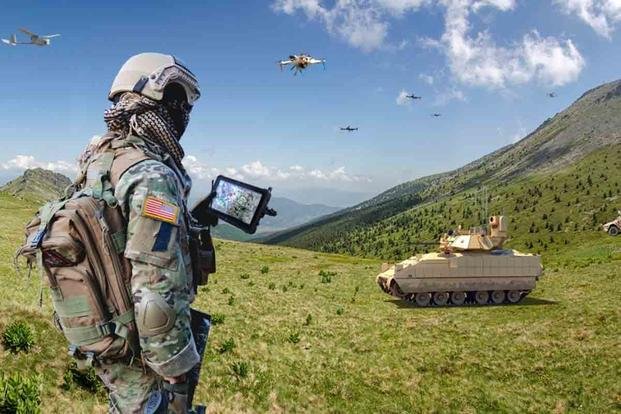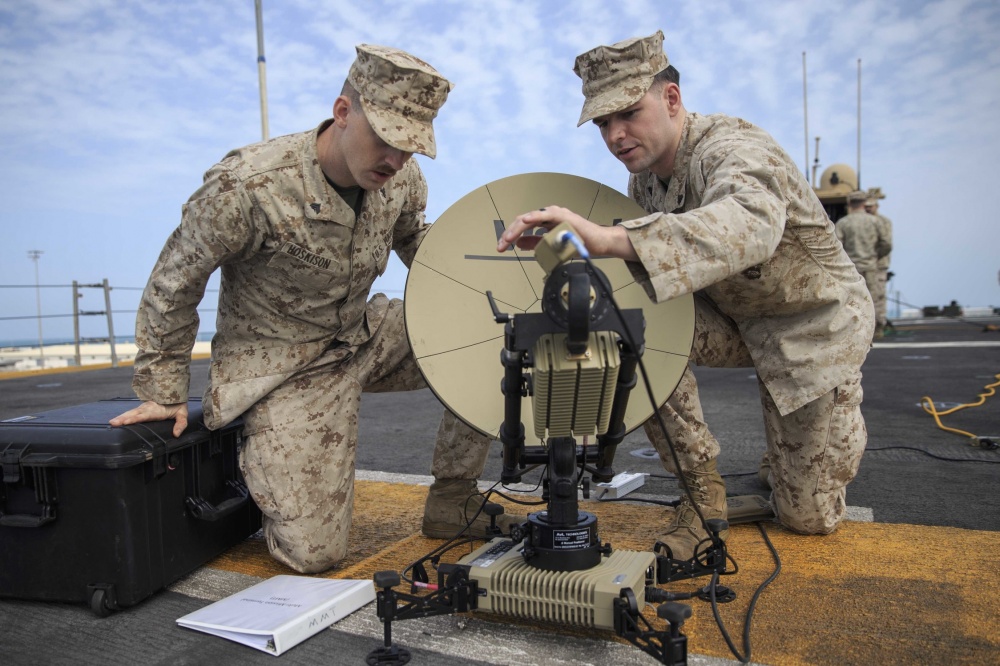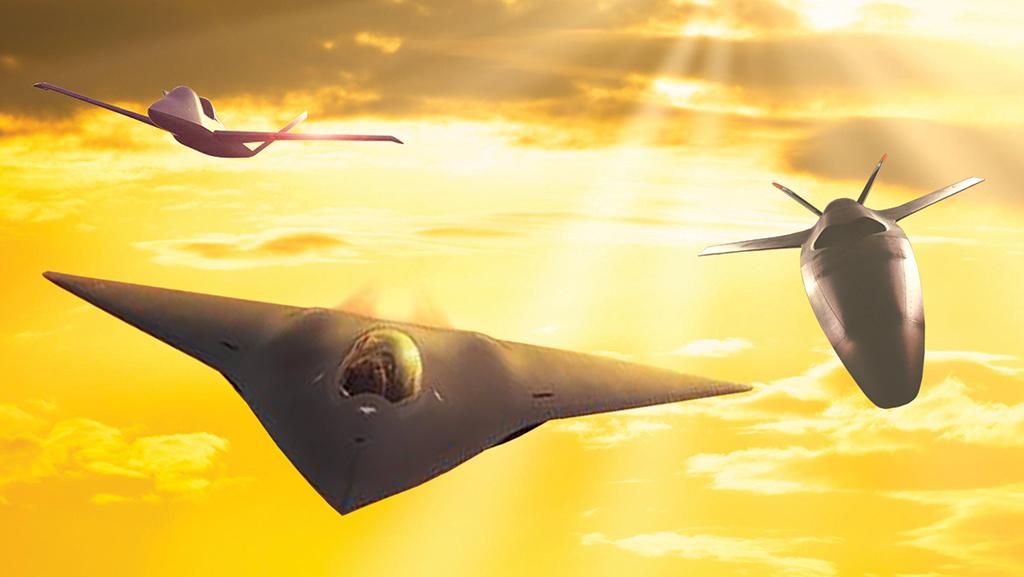
Quantum computing has emerged as a promising field with immense potential for applications in various sectors, including defense. This article delves into the intricate world of quantum cryptography, quantum-safe communication, quantum computing for cryptanalysis, quantum sensors in defense, and quantum AI for military applications.
By unpacking the complexity of these concepts within the context of modern defense systems, we aim to provide a thorough and technical understanding of how quantum computing can revolutionize security measures and enhance decision-making strategies in the realm of national defense.
Key Takeaways
- Quantum cryptography and quantum-safe communication utilize the principles of quantum mechanics to provide secure and tamper-proof communication through secure key exchange and quantum-resistant algorithms.
- Quantum computing has the potential to break complex cryptographic systems, but advancements in defense systems are being made to ensure the confidentiality and integrity of communications, protecting against future threats posed by quantum computers.
- Quantum sensors revolutionize surveillance and detection capabilities, offering unprecedented sensitivity and accuracy in identifying hidden objects or concealed threats.
- Quantum AI enhances decision-making and strategy in defense systems by improving battlefield awareness, identifying patterns and anomalies in real-time, and enhancing the performance of autonomous systems.
Quantum Cryptography: Securing Communications in the Digital Age
Quantum cryptography is a field of study that focuses on utilizing principles of quantum mechanics to secure communications in the digital age. It aims to provide secure key exchange between two parties, ensuring that their communication remains confidential and tamper-proof.
Unlike traditional cryptographic techniques that rely on computational complexity, quantum cryptography leverages the fundamental properties of quantum physics to achieve its security goals.
One key aspect of quantum cryptography is the use of quantum-resistant algorithms. These algorithms are designed to withstand attacks from powerful quantum computers, which have the potential to break conventional encryption methods. By employing mathematical problems that are difficult for both classical and quantum computers to solve, these algorithms ensure that encrypted data remains secure even in the face of advances in computing technology.
Overall, quantum cryptography offers a promising solution for securing communications in the digital age by harnessing the unique properties of quantum mechanics and incorporating robust encryption techniques resistant to future advancements in computing power.
Quantum-Safe Communication: Protecting Against Future Threats
Future threats can be mitigated through the implementation of secure communication protocols that are resistant to attacks from quantum computers.

As quantum computing continues to advance, traditional encryption methods become vulnerable to being broken by these powerful machines.
Post-quantum encryption offers a solution by providing algorithms that can withstand attacks from quantum computers. This new form of cryptography utilizes mathematical problems that are believed to be computationally infeasible for both classical and quantum computers to solve.
By implementing post-quantum encryption, organizations can ensure the confidentiality and integrity of their sensitive data even in the face of future advances in quantum computing.
It is crucial for defense systems to adopt these quantum-resistant algorithms in order to protect against potential threats and maintain the security of their communications.
Quantum Computing for Cryptanalysis: Breaking the Unbreakable
Advancements in computing technology pose a potential threat to the security of traditional encryption methods, necessitating the exploration of new approaches to cryptanalysis. Quantum computing has emerged as a promising avenue for breaking complex cryptographic systems that are currently considered unbreakable. Unlike classical computers that rely on binary digits (bits) for processing information, quantum computers utilize quantum bits (qubits) which can exist in multiple states simultaneously. This unique property allows quantum algorithms to solve certain problems significantly faster than classical algorithms. Consequently, researchers have been actively developing quantum-resistant encryption schemes that can withstand attacks from powerful quantum computers. These encryption methods leverage mathematical problems that are believed to be computationally hard even for quantum machines. By incorporating these advancements into defense systems, military organizations can ensure the confidentiality and integrity of their sensitive communications and data against future threats posed by quantum computing technologies.
| Advantages |
Challenges |
Applications |
- Ability to break currently unbreakable cryptographic systems
- Faster computation using parallel processing
- Potential for efficient factorization and discrete logarithm problem-solving |
- Technical complexity and high error rates in qubit operations
- Need for large-scale qubit systems with low decoherence
- Vulnerability of current cryptographic systems to attacks from powerful quantum computers |
- Cryptanalysis of encrypted data
- Breaking symmetric key cryptography
- Factorization-based attacks on public key cryptography |
Table 1: Advantages, challenges, and applications of using quantum computing for cryptanalysis.
Quantum Sensors in Defense: Revolutionizing Surveillance and Detection
The implementation of quantum sensors in surveillance and detection systems has the potential to revolutionize capabilities in the field.

Quantum sensing applications in border security are particularly promising, as these sensors can provide unprecedented levels of sensitivity and accuracy. By harnessing the principles of quantum mechanics, quantum sensors can detect even the smallest disturbances or changes in their environment, enabling more effective monitoring of borders and critical infrastructure.
Additionally, quantum sensors offer advanced threat detection capabilities by detecting subtle variations in magnetic fields, gravity, or light. This allows for the identification of hidden objects or concealed threats that may otherwise go unnoticed using traditional sensing technologies.
The integration of quantum sensors into defense systems holds great promise for enhancing surveillance and detection capabilities for both military and civilian applications.
Quantum AI for Military Applications: Enhancing Decision-Making and Strategy
One potential application of quantum AI in military operations involves utilizing its advanced computational power and pattern recognition capabilities to enhance decision-making processes and strategic planning. Quantum AI can significantly improve battlefield awareness by analyzing vast amounts of data from various sources, such as sensors, satellites, and unmanned aerial vehicles (UAVs). It can quickly identify patterns and anomalies that may be missed by traditional algorithms, allowing for real-time monitoring and threat detection. Quantum AI can also enhance the performance of autonomous systems in the military, enabling them to make more informed decisions based on complex scenarios. By integrating quantum AI into military applications, defense systems can benefit from improved situational awareness, faster response times, and more effective resource allocation.
| Advantages of Quantum AI for Military Applications |
| Enhanced decision-making |
| Improved situational awareness |
| Real-time threat detection |
| Faster response times |
| Effective resource allocation |
Frequently Asked Questions
What are the primary challenges in implementing quantum cryptography in defense systems?
Implementing quantum cryptography in defense systems faces challenges such as the limited range of quantum key distribution, the need for secure infrastructure, and the development of quantum-resistant algorithms to protect against potential attacks on encrypted communications.
How does quantum-safe communication differ from traditional encryption methods?
Quantum-safe communication, also known as post-quantum cryptography, differs from traditional encryption methods by utilizing quantum resistant algorithms that are designed to withstand attacks from quantum computers and ensure long-term security of sensitive information.
What are the potential risks and vulnerabilities associated with quantum computing for cryptanalysis?
Potential risks and vulnerabilities associated with quantum computing for cryptanalysis include the ability to break current cryptographic algorithms, compromising data security. Quantum-resistant algorithms and post-quantum cryptography are being developed as a solution to mitigate these risks.

How can quantum sensors revolutionize surveillance and detection capabilities in defense applications?
Quantum sensors have the potential to revolutionize surveillance and detection capabilities in defense applications. They can enhance sensitivity, precision, and range of detection, providing an unprecedented level of information for military operations.
In what ways can quantum AI enhance decision-making and strategy in military operations?
Quantum AI has the potential to enhance decision-making and strategy in military operations. By leveraging quantum computing power, it can analyze vast amounts of data, optimize resource allocation, simulate scenarios, and provide real-time intelligence for more effective military planning and execution.
 GadgetsProduct ReviewsSmart DevicesDronesVirtual DevicesPrivacy PolicyTerms And Conditions
GadgetsProduct ReviewsSmart DevicesDronesVirtual DevicesPrivacy PolicyTerms And Conditions
